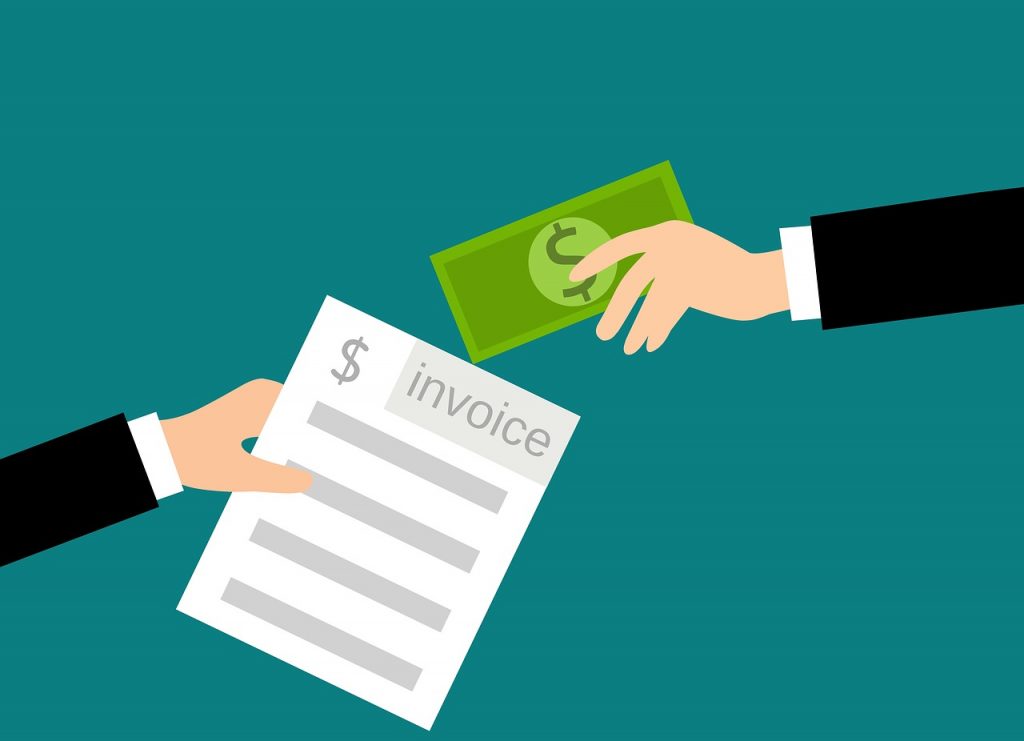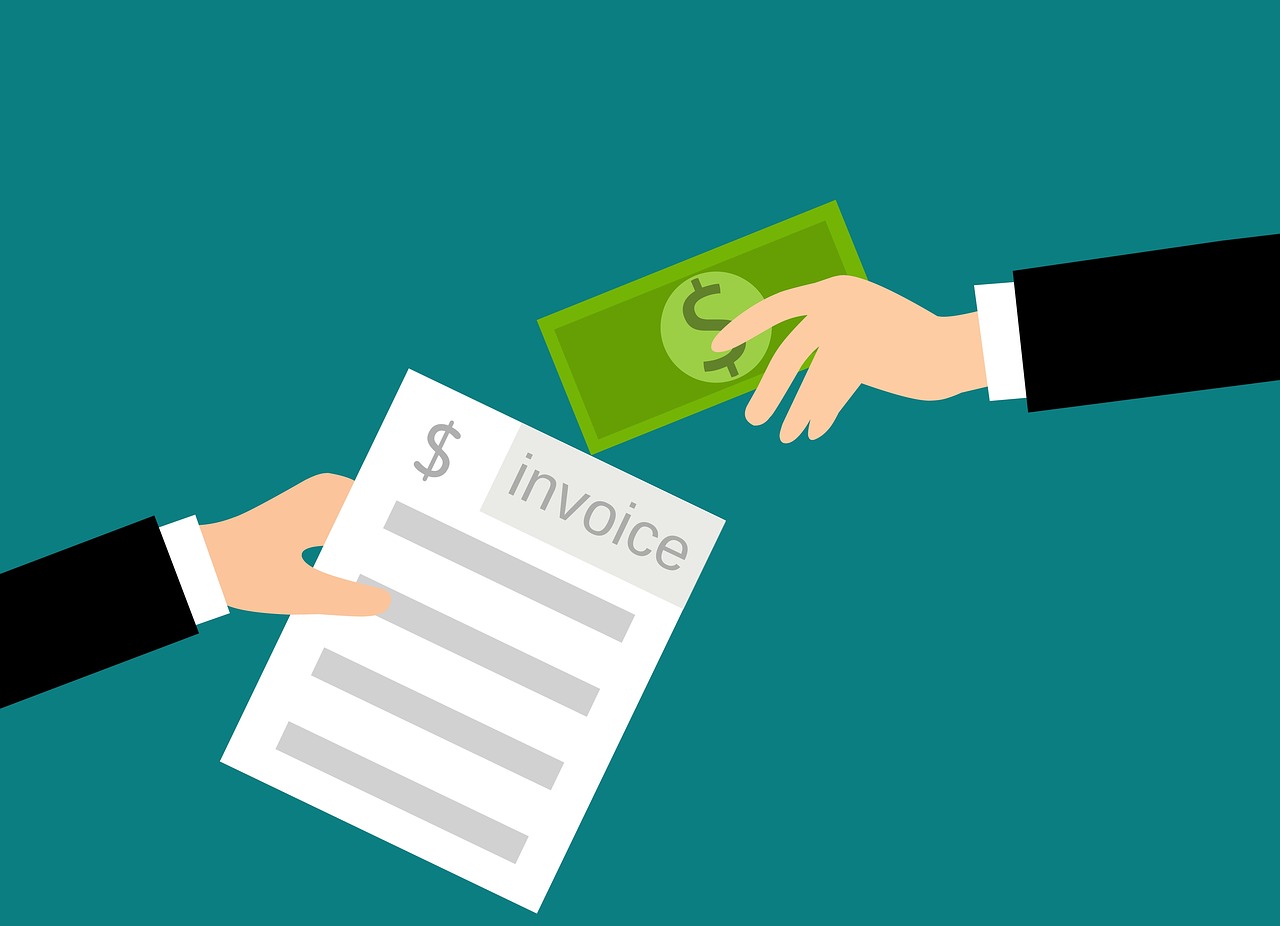Invoice Compliance: Navigating Legal Requirements for Invoicing
Ensuring that your invoices are legally compliant is crucial for businesses of all sizes. Invoices are not just simple requests for payment; they are documents subject to specific legal standards. By following this guide, you’ll learn about tax invoice compliance and how to make sure your bills are both
legally sound and professional.

Understanding Legal Requirements for Invoicing
Knowing the legal ins and outs of invoicing is vital. An invoice isn’t just a bill; it’s a legal document that needs certain details to be considered valid. If they aren’t included, it might lead to problems such as delayed payments or legal complications.
What does an invoice need to be legally compliant? It’s more than listing your products or services. Here’s what you have to include:
- Your Business Details: Your business name and address.
- Customer Details: The name and address of the customer.
- Details of Sale: A clear description of the goods or services provided.
- Quantity and Pricing: The amount sold and the price per unit.
- Total Amount Due: The complete amount the customer needs to pay, including taxes.
- Tax Information: If applicable, include VAT or GST details.
- Payment Terms: Specify when and how you expect to be paid.
By including these elements, you meet the essential legal and compliance checklist for invoicing. This ensures your bills are legally compliant, clear, and professional.
Don’t forget that it is vital to correctly handle the tax aspects. This includes applying the appropriate tax rates and adhering to tax reporting standards. Accurate tax information not only helps with smoother business transactions but also keeps you compliant with tax laws, avoiding legal problems and potential fines.
Impact of Non-Compliance
When it comes to invoicing, not following the rules might have serious consequences. You have to be both organized and professional to stay on the right side of the law. Failing to comply with legal invoicing requirements can lead to more than just a slap on the wrist. Let’s look at what can happen if your bills don’t meet the necessary standards.
Legal Consequences of Non-Compliant Invoices
One of the biggest risks of not having your invoices up to par is the legal trouble it can bring. If your bills don’t contain the required information or are not reported correctly, you might face legal actions such as fines or even more serious legal proceedings, depending on the severity of the non-compliance. In addition to being costly, these legal issues can damage your business’s reputation, making clients and partners think twice before dealing with you. Ensuring compliance in your invoicing practices is key to avoiding these potential legal pitfalls.
Financial Risks Associated With Invoicing Errors
Apart from legal troubles, errors in your bills can hit where it hurts most — your finances. Incorrect or incomplete bills can lead to delayed payments. Imagine sending out a bill and having to wait for weeks, if not months, because something was missed or incorrect. This can disrupt your cash flow, affecting your ability to pay your own bills and employees. In worse cases, invoicing mistakes can lead to disputes over payments, which can be costly to resolve and can even result in loss of revenue. Keeping your bills accurate and compliant not only helps maintain steady sales and revenue but also protects your business from unnecessary financial headaches.

Challenges in Achieving Invoice Compliance
Getting invoice compliance right can be a tricky task, especially for smaller businesses or those just starting out. There are many details to keep track of, and regulations can often change. Understanding and avoiding common mistakes is key to keeping your invoicing process smooth and compliant. Let’s take a look at some usual stumbling blocks.
Common Invoicing Mistakes
Even with the best intentions, mistakes can happen in invoicing. Here are some of the most common ones to watch out for:
- Incorrect Customer Information: Getting the customer’s name or address wrong.
- Wrong Tax Rates: Using outdated or incorrect tax rates.
- Lack of Details: Not describing the goods or services clearly enough.
- Unclear Payment Terms: Not specifying when and how payments should be made.
- Calculation Errors: Simple math mistakes in calculating totals or taxes.
- Overlooking Legal Details: Missing important legal information like your company’s registration number.
Being careful and following established invoicing practices can help you avoid these errors. An efficient invoicing system and regular checks can also be very helpful. Here is how
Saldo Invoice Maker can help you streamline your invoicing process for better business outcomes.

Invoicing Compliance in Diverse Tax Jurisdictions
Tax laws can add another layer of complexity to invoicing. These laws are often complicated and can vary from one area to another. It’s important to stay up-to-date with the latest tax regulations and understand how they apply to your business. Ensuring that your bills accurately reflect these tax laws is crucial, particularly for businesses that operate in multiple regions or internationally. A solid grasp of the legal aspects and consistent attention to
tax details are essential for maintaining tax compliance in your bills.
Strategies for Ensuring Invoice Compliance
Making sure your bills always stick to the rules isn’t just about avoiding mistakes; it’s also about having the right strategies in place. One of the best ways to ensure your bills are always compliant is by using modern technology. Let’s look at how invoicing software can be a game changer in this area.
- Automating Calculations: It automatically calculates totals and taxes, reducing math errors.
- Updating Tax Rates: It helps you keep up with changes in tax laws and update rates accordingly.
- Record Keeping: Maintains a record of all bills for easy tracking and reference, which is essential for SOX compliance.
- E-Invoicing Capabilities: Allows for the electronic sending and receiving of bills, making the process faster and more efficient.
By incorporating invoicing software into your business practices, you can make a big difference in maintaining compliance. It simplifies the task, saving you time and effort, and ensures you’re always up-to-date with the latest regulations. Discover how
Saldo Invoice Maker can transform your invoicing process and help you maintain compliance with ease.
International and Industry-Specific Variances
When it comes to invoicing, one size does not fit all. Different countries and industries have their own specific rules and standards. It’s important to be aware of these variances to ensure that your bills are compliant, no matter where you run your business or what it is dedicated to. Let’s explore some of these differences and how they can impact your invoicing practices.

Understanding Global Invoicing Standards
Invoicing isn’t the same everywhere. Different countries have different requirements and guidelines when it comes to what must be included in a bill. For instance, some countries might require specific tax information, while others need
additional documentation like export permits. Here are a few ways international variances can affect your invoicing:
- Tax Regulations: Different VAT or GST rates and rules.
- Electronic Invoicing Laws: Some European countries now require or highly encourage e-invoicing.
- Cultural Norms: Even the format and presentation can vary based on local customs.
Being aware of these international invoicing standards and adapting your bills accordingly is crucial for global business success. The need to stay informed about trade regulations and tariffs is at the heart of understanding global invoicing standards, especially for businesses involved in international trade. The
World Trade Organization provides extensive data on trade and tariff that can significantly impact invoicing for businesses engaged in importing or exporting goods.
Industry-Specific Invoicing Practices
Just like different countries have diverse rules, various industries have their unique invoicing requirements too. For example, a commercialinvoice in the manufacturing sector might significantly differ from one in the service industry. Here’s what can vary:
- Detail Level: The degree of detail required in describing goods or services on an invoice varies by industry.
- Legal Terms: Industries often have unique legal terms or conditions that need to be included on invoices. These could relate to regulatory compliance, contractual obligations, or industry standards.
- Certifications: Invoices may need to include details of relevant certifications or attestations of compliance.
- Payment Terms: Depending on the industry, payment terms can significantly vary.
Understanding and applying these industry-specific requirements ensures that your business stays compliant and respected in your particular market.
Achieving Success Through Compliance
As you can see, managing invoice compliance effectively is more than just meeting a legal requirement; it’s a critical step towards ensuring that your business runs smoothly and maintains its credibility. Properly compliant invoices not only keep you clear of legal troubles but also streamline your payment processes, contributing to the overall well-being of your business.
Remember, in the business world, good compliance is not just about dodging problems; it’s a vital part of building a successful and stable business.









